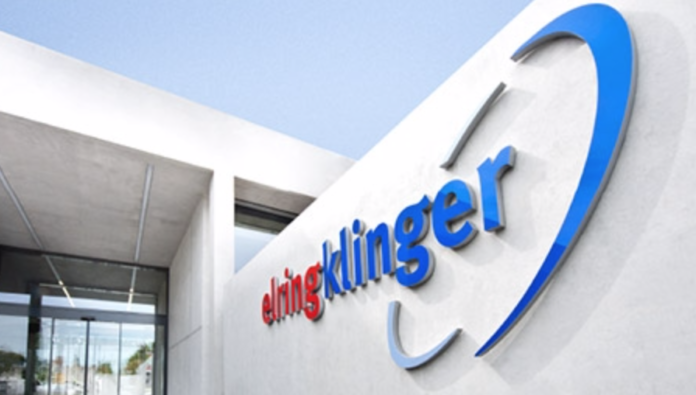Fuel cell stacks developed by ElringKlinger AG have achieved excellent results as part of the EU-sponsored “GiantLeap” project.
The stacks were fitted to a full-electric bus from Dutch bus manufacturer VDL Bus & Coach and tested under real traffic conditions. The overall performance of the stacks was safeguarded when they were exposed to detrimental operating conditions, such as fuel starvation, elevated temperatures and over-pressure, emergency shutdowns of the system during the development period, and human error.
The final report of the multi-year project states: “The overall performance of the system exceeded expectations. ElringKlinger stacks used in GiantLeap displayed excellent performance throughout the project. Right to the end of the project, the stacks were in their specified power range.”
“The basis for the implementation of the stack technology used in this project are patented design features and high-precision manufacturing processes, which have been developed from existing products that have already been manufactured in series for decades,” says Armin Diez, head of the fuel cell technology unit at ElringKlinger.
“This know-how makes our fuel cells a high-performance, efficient and sustainable solution for our customers on their way to zero-emission mobility,” he adds.
As part of the GiantLeap project, a total of six corporations and institutions developed and established fuel-cell-powered range extenders for full-electric buses. The range extender includes a system with two stacks. The project was sponsored by the EU via the Fuel Cell and Hydrogen Joint Undertaking (FCH JU). The objective of the FCH JU is to promote research, technological development, and demonstration of fuel cells and hydrogen technology in Europe.
ElringKlinger has been active in the research and development of fuel cells for around 20 years and operates in the market as a system and component supplier. The stacks are based on PEM technology and convert chemical energy into electrical energy and water using hydrogen and oxygen. They are particularly suitable for mobile applications with long-range operation.




